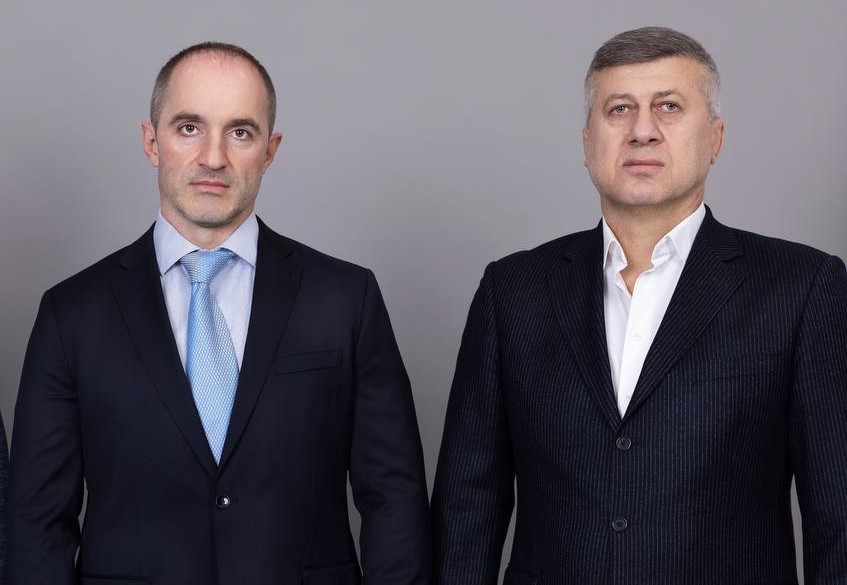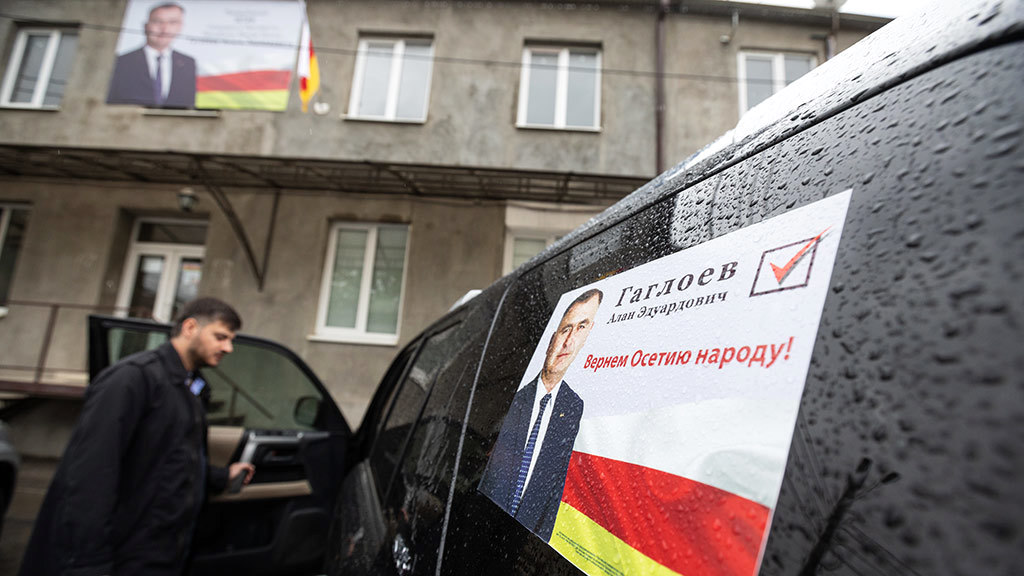The parliamentary elections in South Ossetia are approaching. The opposition is outraged
Parliamentary elections in South Ossetia
On June 9, South Ossetia will hold parliamentary elections, with seven parties participating. These include the ruling party “Nykhas” and its main rival “United Ossetia,” as well as the Communist Party, the People’s Party, “Unity of the People,” “Iryston,” and “Unity.”
The elections will be conducted under a mixed majoritarian-proportional system, with 112 candidates competing in 17 single-member constituencies.
The South Ossetian Parliament consists of 34 deputies.
- “Total failure” or “everything will get better”? The first two years of Alan Gagloev’s presidency in South Ossetia
- South Ossetia wants to become part of Russia, local politicians say
- New parties in South Ossetia – who and why
A total of 71 polling stations will be open across South Ossetia on election day, June 9.
South Ossetian citizens abroad, particularly in Russia, can vote at two polling stations: one in Moscow and one in Vladikavkaz.
However, South Ossetian voters in Abkhazia will not be able to vote this time, as the authorities have closed the polling station in Sukhumi, citing “the impracticality of its operation.”
Clearing out competitors?
Five political groups were not allowed to participate in the elections, and some of them have filed lawsuits in the Supreme Court.
The lawsuits were reviewed and dismissed, according to court spokesperson Zarina Tedeeva. The court found that the Central Election Commission (CEC) had sufficient grounds for exclusion.
The plaintiffs, however, see the decisions of the CEC and the Supreme Court as part of a deliberate campaign to clear the political field.
Many believe that administrative resources are being used unscrupulously, with all efforts being made to ensure the victory of the ruling “Nykhas” party, whose popularity, like that of president Alan Gagloev, is rapidly declining.
Notably, former allies of the president, now some of his most active opponents—Garri Muldarov and David Sanakoyev—have been removed from the political scene. They later formed the party “For Justice,” which was not allowed to participate in the elections.
“The decisions of the CEC and the courts contradict the law and massively violate the constitutional rights of citizens to elect and be elected. The work of the CEC regarding our party was biased. The electoral legislation was violated. The CEC made completely unlawful decisions that do not align with the normalization of the electoral process and the conduct of elections that meet democratic standards,” said members of the party “For Justice.”
“The current government uses administrative resources. The ruling party ‘Nykhas’ blatantly disregards the law. The election campaign is conducted outside the boundaries of both law and decency. Social media is once again being used to discredit competitors. This is absolutely unacceptable,” stated Amiran Diakonov, a member of the party.
A similar position is held by the main opposition party “United Ossetia” (the former ruling party).
The chairman of the Central Committee of “United Ossetia,” former parliamentary speaker Alan Tadtaev, stated that the problem of the current government’s incompetence is felt every day.
“We experience the incompetence of Alan Gagloev’s team in issues like budget non-compliance, failure to uphold laws, and daily life. There’s no fuel at gas stations, salary and pension payments are delayed for months. Government institutions are not provided funds for travel expenses, operational costs, or car parts. Complaints about budget deficits are coming in from all departments.
At the same time, the government and the pro-presidential party ‘Nykhas’ do not offer any effective and professional solutions to bring South Ossetia out of political and socio-economic stagnation,” said Tadtaev.
Toponyms, terminology, views and opinions expressed by the author are theirs alone and do not necessarily reflect the views and opinions of JAMnews or any employees thereof. JAMnews reserves the right to delete comments it considers to be offensive, inflammatory, threatening or otherwise unacceptable




















